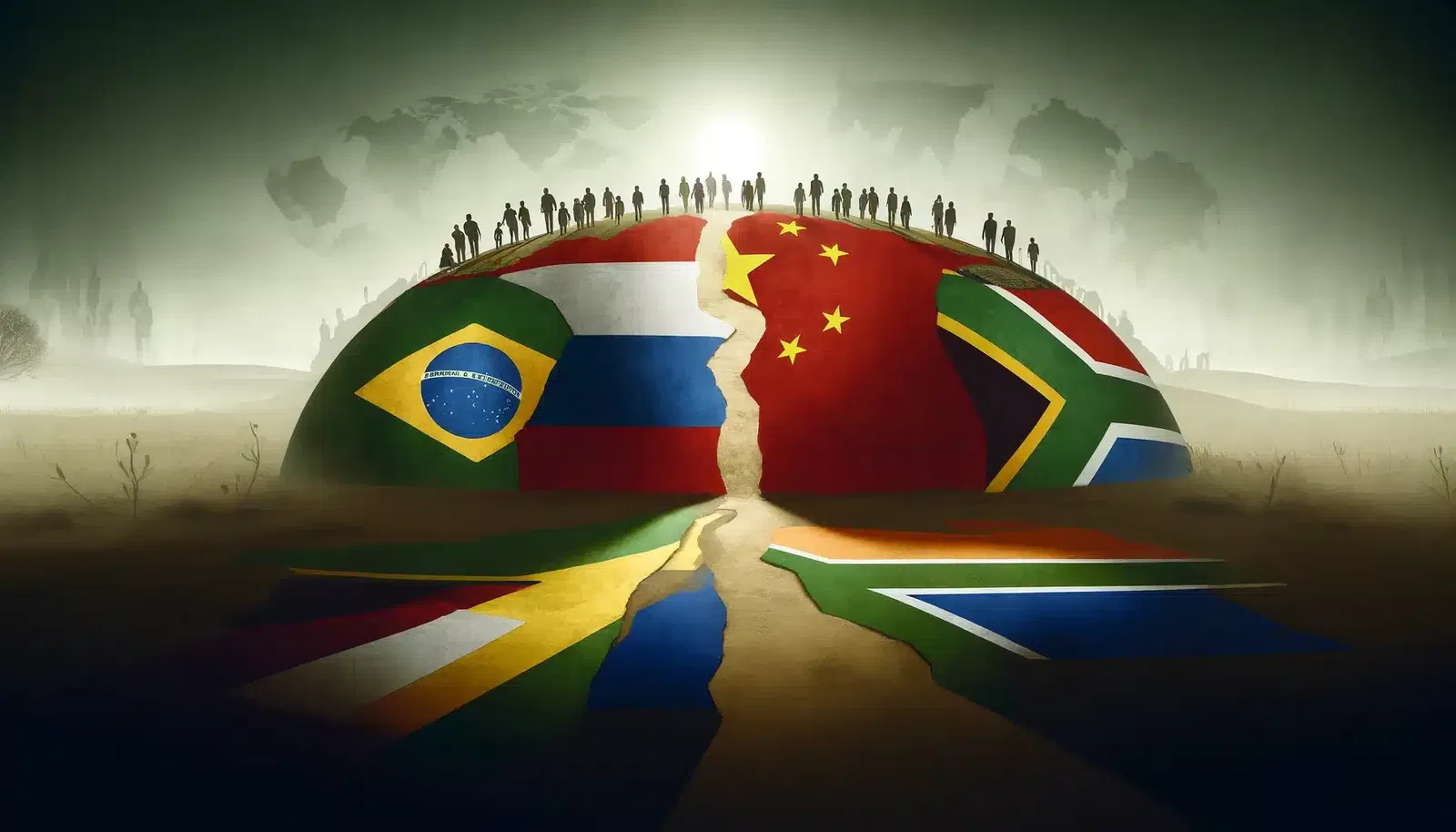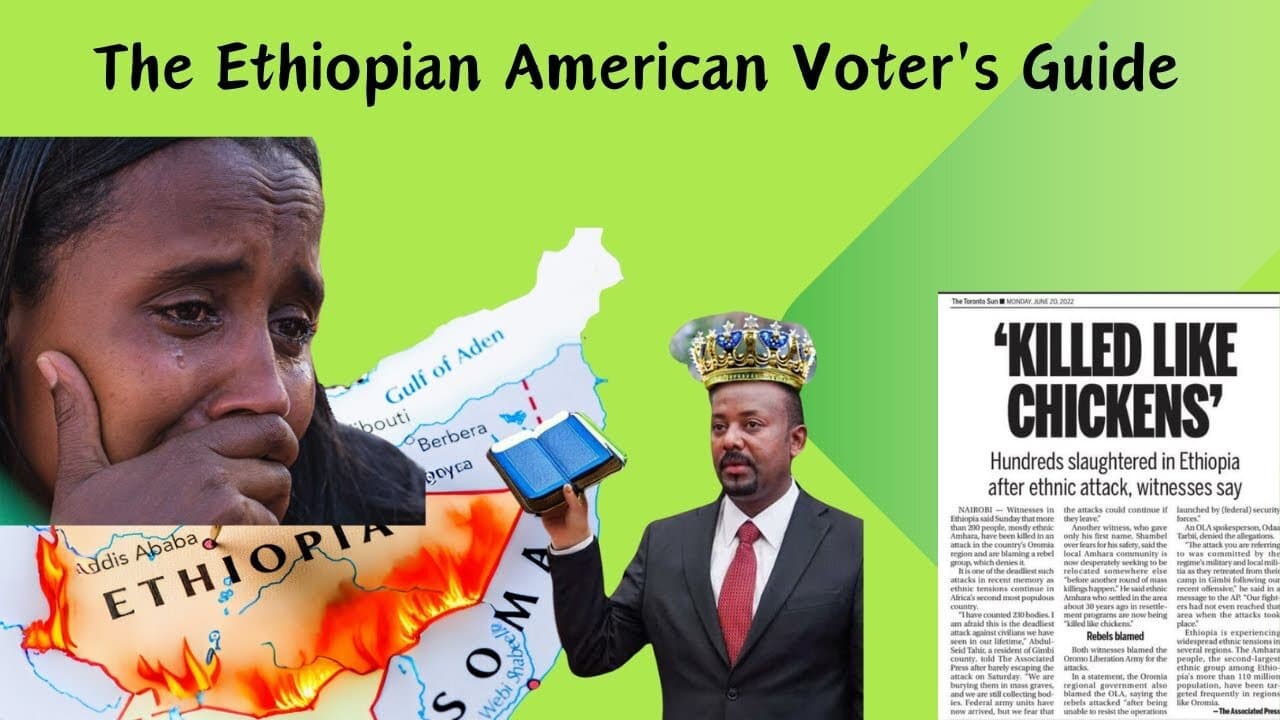
In 2024, BRICS underwent expansion by extending invitations to six additional countries, yet only four of them agreed to join as Argentina opted out and Saudi Arabia postponed its decision.
Tensions arose between existing and new BRICS members regarding India’s pursuit of a permanent seat on the UN Security Council, with Egypt and Ethiopia among the new members opposing the idea. Contrary to predictions, the new members did not unanimously back the candidature of India, Brazil, and South Africa for permanent membership in the UNSC.
The year 2009 marked the formation of BRICS, a closely united alliance consisting of five nations. As we progress to 2023, this bloc has expanded its membership to include new countries. In the previous year, BRICS extended invitations to six nations—Saudi Arabia, Argentina, the UAE, Egypt, Iran, and Ethiopia.
Despite Argentina declining the offer and Saudi Arabia postponing their decision, the remaining four countries have joined the alliance in 2024. This development signifies a significant shift in the composition of BRICS, reflecting a broader and more diverse representation within the group.
Resolving Conflict with New Faces on the Team
The BRICS alliance has evolved beyond its original five members, now incorporating a diverse range of countries. This expansion has brought a fresh perspective to the group, with each member contributing their unique viewpoint to the complex landscape of geopolitical relations.
At the center of the current tensions lies India’s ambition for a permanent seat on the UN Security Council, a proposition that has sparked disagreement among the newer members of the alliance. While Brazil and South Africa support India’s aspirations, countries like Egypt and Ethiopia are also vying for a chance to secure a seat at the prestigious council, leading to a complex dynamic within the BRICS alliance.
A source spilled the beans, revealing that old BRICS members expected newbies to back India’s UNSC aspirations. But it seems the newcomers have their eyes on their own prize. An anonymous insider said:
“When new members were admitted to the BRICS grouping last year, a formula was introduced suggesting that all new members should agree to the aspirations of India, Brazil, and South Africa for becoming permanent members of the UNSC.“
But some of the new members, such as Egypt and Ethiopia, are now protesting against it as they themselves are aspirants for UNSC membership, the source added.
Problems Arise Over UN Ambitions
The plot thickened in August 2023 when BRICS expanded to include Egypt, Iran, the UAE, Saudi Arabia, and Ethiopia. They were formally welcomed in January 2024.
Last year’s BRICS members hashed out that supporting India, Brazil, and South Africa’s candidature for permanent UNSC membership would be a key joining condition. But it seems some new members missed that memo.
“Now it turns out that the letter that was officially sent to them on the terms, conditions and guidelines for their accession to BRICS did not explicitly call for support for India, Brazil and South Africa. New members like Egypt and Ethiopia are saying that they are also legitimate aspirants to be UNSC members and could not agree to just support three countries.”
BRICS Official
The Johannesburg declaration in 2023 backed this stance, advocating for a “comprehensive reform of the UN, including its Security Council, to make it more democratic and representative,” emphasizing the need for greater representation of developing countries.
BRICS Summons Unity Amidst Diverse Goals
With the upcoming BRICS summit in Kazan, Russia, in October 2024, the challenge is real. The summit aims to hash out a common stance on UNSC reforms and membership expansion, with India eager to cement its place as a permanent member.
Meanwhile, at the 15th International Economic Forum in Kazan, Ali Baqeri Kani, the Iranian deputy foreign minister, underscored BRICS’s role as a crucial player in global affairs.
Will the alliance strengthen its unity, or will the new dynamics lead to a break up?


